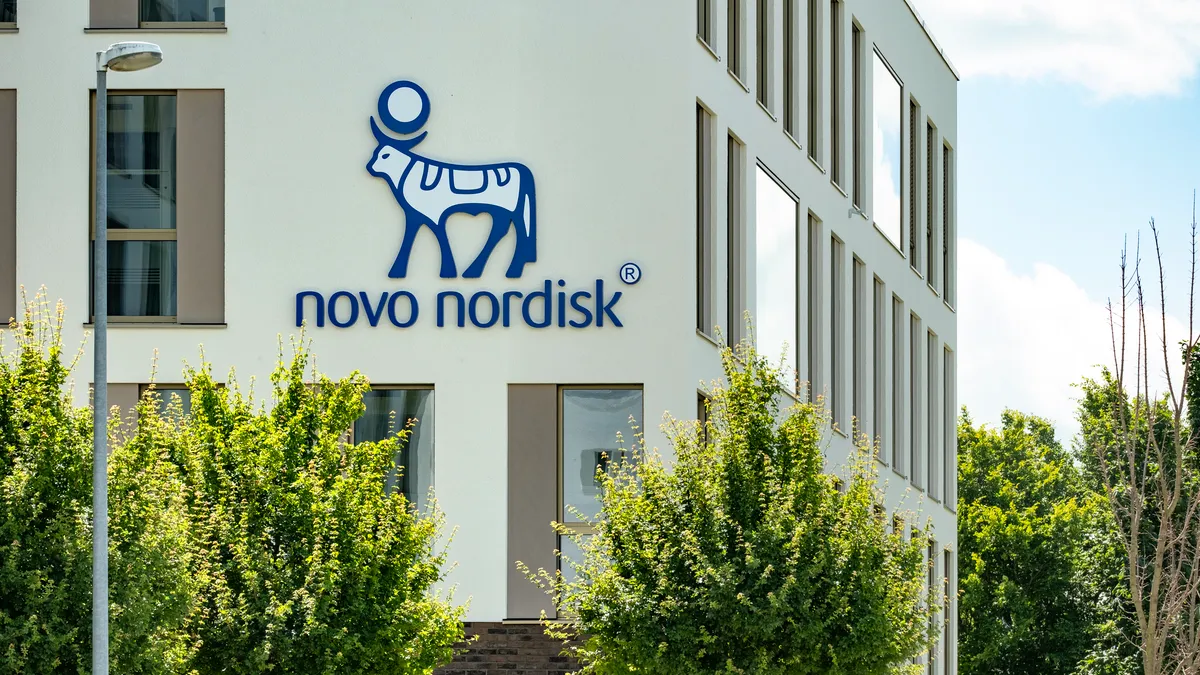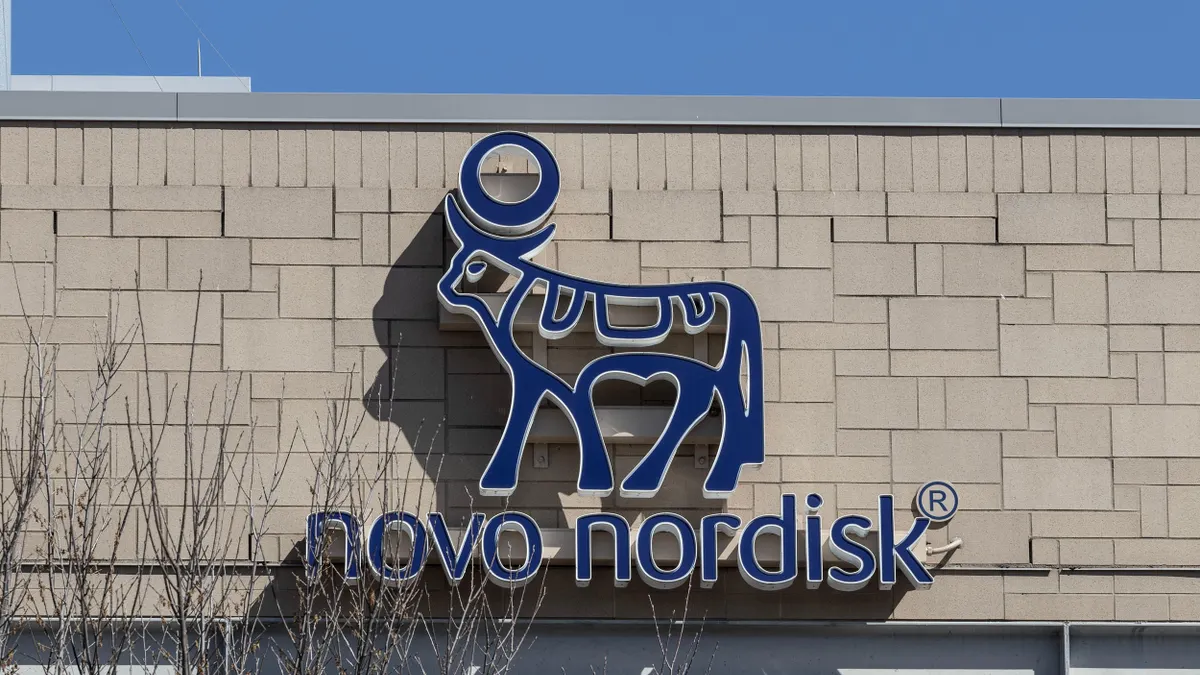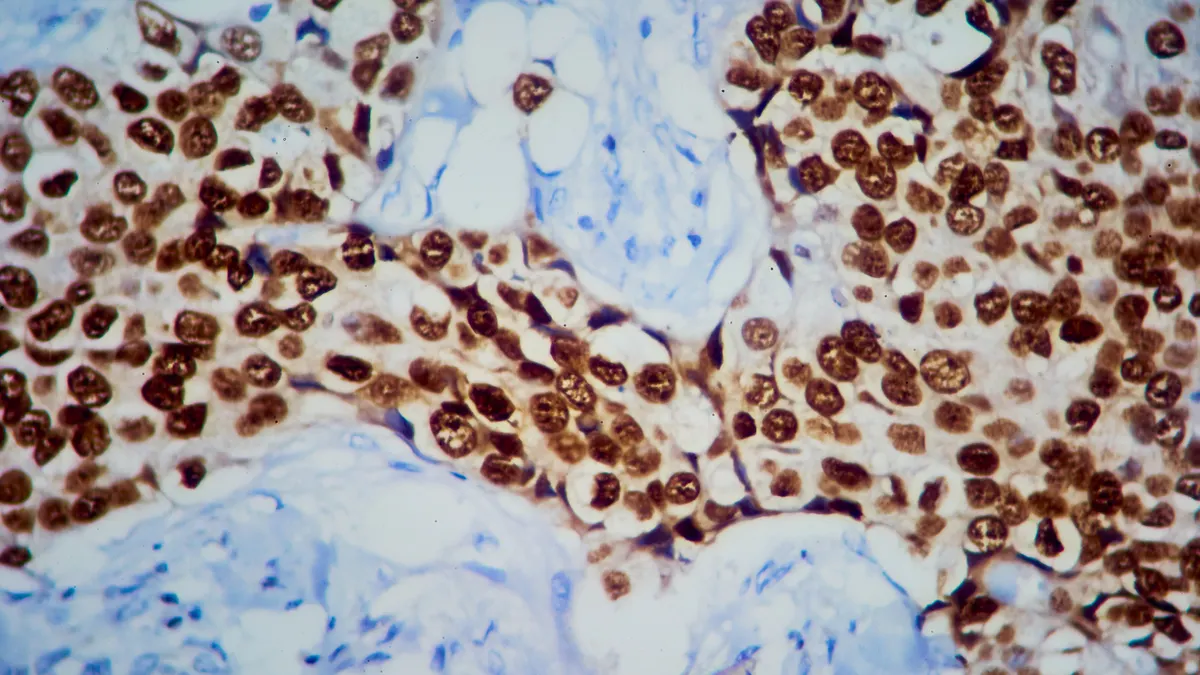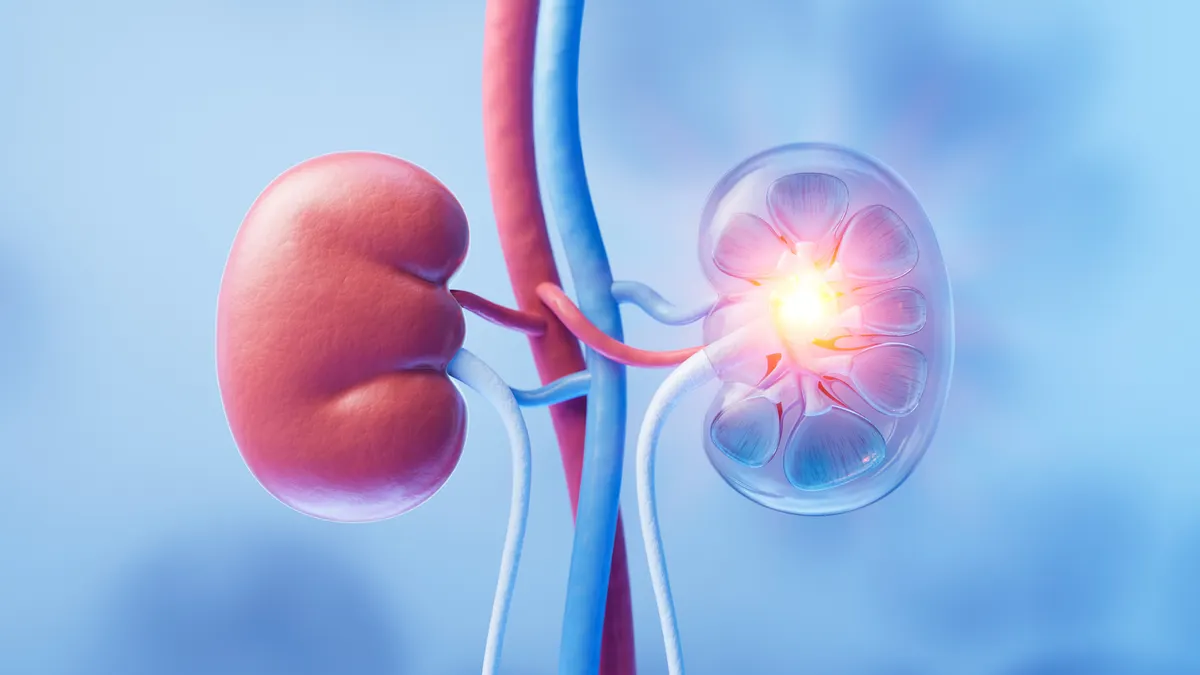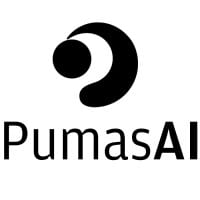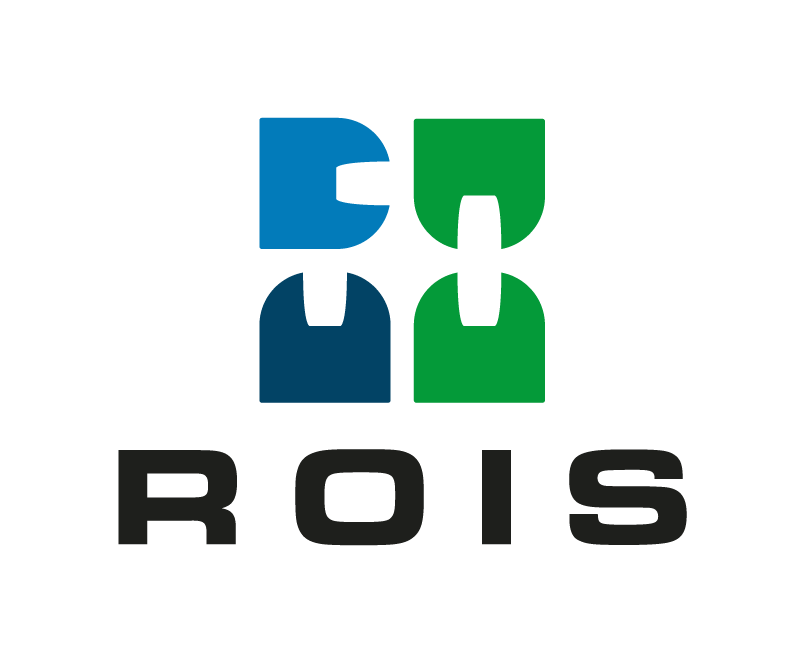The theory that GLP-1 medicines, which have profound benefits on metabolism and heart health, can also help combat Alzheimer’s disease suffered a major blow Monday with the failure of two large, closely watched clinical trials.
The studies, titled Evoke and Evoke+, together enrolled more than 3,800 people with early-stage Alzheimer’s to evaluate whether Novo Nordisk’s semaglutide can help preserve brain function. According to Novo, its drug was not significantly better than a placebo on that measure after two years of follow-up. And though semaglutide treatment did improve some biological markers tied to Alzheimer’s, it didn’t delay the progression of the disease.
Novo didn’t disclose any specific data, but said that, based on the available data, it has decided to discontinue one-year, so-called extension periods of its trials. High-level results will be presented on Dec. 3 at a Alzheimer’s-focused medical meeting in San Diego, while full results will be unveiled at another conference in March.
The studies offer perhaps the most definitive answer yet to a question scientists have been investigating for more than a decade. Early research suggested GLP-1s may be useful against nerve cell-destroying diseases by reducing brain inflammation, discouraging the buildup of harmful proteins and improving “insulin signaling” — a vital cellular process that regulates appetite, mood and memory.
Previously, a mid-stage trial assessed a different GLP-1 drug from Novo, liraglutide, as a possible treatment for Alzheimer’s. The experimental failed on its main goal, though certain “secondary” and “exploratory” endpoints hinted that the drug may have slight effects on cognition and preserving grey matter in the brain.
“Based on the significant unmet need in Alzheimer’s disease as well as a number of indicative data points, we felt we had a responsibility to explore semaglutide’s potential, despite a low likelihood of success,” said Martin Holst Lange, Novo’s chief scientific officer and had of research and development, in a statement.
“We are proud to have conducted two well-controlled phase 3 trials in Alzheimer’s disease that meet the highest standards of research and rigorous methodology,” Holst added.
Novo shares, which trade on the New York Stock Exchange, were down 8% by mid-Thursday morning, to just under $44 apiece.
While a few modestly effective medicines from Biogen, Eisai and Eli Lilly became available over the last several years, Alzheimer’s remains one of the most challenging targets in drug development. As such, Wall Street analysts had low expectations that Novo’s studies would yield positive results, according to Andrew Tsai of Jefferies.
Tsai argued in a note to clients that these trials presented a win-win opportunity for a company like Biogen. Had they succeeded, they likely would have ushered onto the Alzheimer’s treatment market another deep-pocketed developer who can raise awareness about the disease. That in itself could increase uptake of Biogen’s Leqembi, but so could the potential to combine “anti-amyloid” drugs with a GLP-1 medicine.
On the other hand, their failure “technically removes an overhang” for Biogen, “enabling the competitive landscape to soften” and Leqembi sales to possibly accelerate, Tsai wrote.
“Novo has noted an improvement of Alzheimer’s-related biomarkers in both trials. We look forward to seeing further results ... as this may suggest a path forward for semaglutide as part of a combination therapy approach,” said Howard Fillit, co-founder and chief science officer at the Alzheimer’s Drug Discovery Foundation, in a statement.
“Existing anti-amyloid drugs slow cognitive decline by around 30%,” Fillit said, “so therapies aimed at other pathways will be crucial as we chip away at the remaining 70%.”
More broadly, Novo’s setback has “minor read-through” to other big players in the obesity drug space like Lilly, Amgen and Pfizer, according to Cantor Fitzgerald analyst Carter Gould.
In his own note, Gould explained that other companies investigating the use of “incretin” therapies in neurological conditions haven’t been as Alzheimer’s-centric as Novo. Lilly, for instance, recently claimed that a newer incretin drug in its pipeline, brenipatide, has “optimal properties for neuroscience indications.” Yet, in that wide research area, the company is initially testing brenipatide as a treatment for alcohol use disorder and opioid use disorder.
“We expect additional neuro-focused trials to emerge across the class as companies,” Gould wrote.



